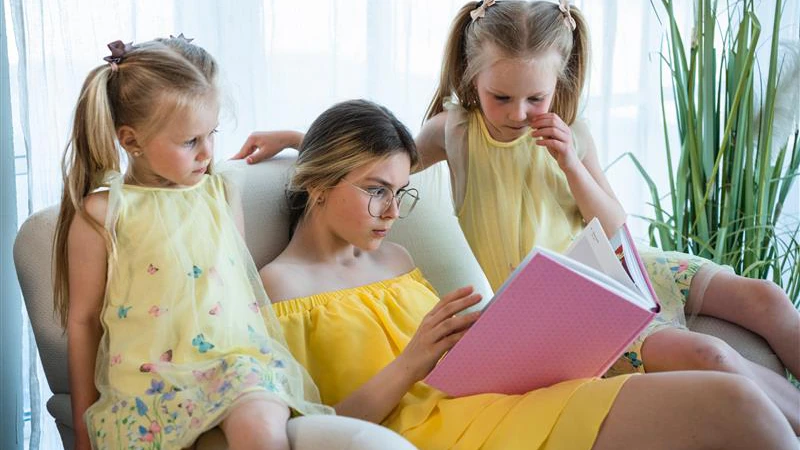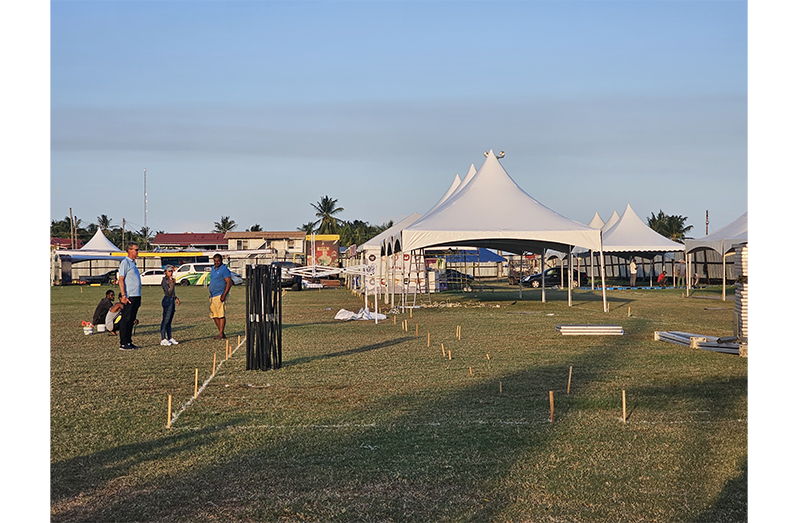Copyright abc

When Jess King heard the term "eldest daughter syndrome", she immediately felt "seen". "I first heard about it on TikTok … I just fit that mould to a tee," says the curve model and influencer from Melbourne/Naarm. "I'm high-achieving, a perfectionist. "Growing up, you always felt like you had to go that extra mile to kind of stand out and to be recognised." While not a diagnosable condition, according to experts, eldest daughter syndrome is having a moment after global music superstar Taylor Swift wrote about the "terminal uniqueness" in her latest album. "Here is someone who's managed to articulate it so beautifully, it's quite validating," Jess says. "You feel as if you're heard and recognised." What is eldest daughter syndrome? Eldest daughter syndrome has been described by researchers as a psychological and social phenomenon where firstborn daughters can have unequal responsibilities within their families. Clinical psychologist Kim Stirling from Brisbane/Meanjin told ABC's Radio National Life Matters program the concept has a deep history in both Eastern and Western cultures. "That expectation [historically] in a family system for the eldest daughter to take on those caregiving duties and higher levels of responsibility within the family." "Particularly in families where there might be resource shortages or higher parental workload, especially for more rural families or larger family systems. She says it is "interesting" that modern society is now identifying the concept and finding it relevant. "It's not a clinical diagnosis, we're really just looking at a cluster of traits that are pretty common among eldest daughters," she says These traits can include: PerfectionismHaving high standardsNeeding to prove their valueTaking on caregiving dutiesEmotional responsibility "They tend to be more independent and self-reliant," Dr Stirling says. "That's stemming from that fear they're going to be a burden on the family system if they're taking up too much resource for themselves." How does eldest daughter syndrome affect someone? Dr Rachael Sharman, a university lecturer in clinical psychology on the Sunshine Coast/Kabi Kabi lands, says some people may relate to the term but feel indifferent to it. "To be fair, some people are quite happy to be the eldest daughter," she says. "For some people it kind of suits their personality, they're happy with being the family organiser." Dr Stirling says for others, the deeply held beliefs and conditioning can have longer-term impacts. "The biggest thing I would see in clinical practice is that they're going to be self-sacrificing and suppressing their own needs again for fear of being a burden," Dr Stirling says. "So that's going to impact the way they're interacting with the world around them and their relationships in their adult life." Jess says she often felt like she had to be the "responsible one" and the person everyone in her family relied on. "Now, as an adult, I can see how that sense of always needing to take care of things has stuck with me," she says. "I have diagnosed anxiety that affects me daily, and I'm always worried that I'm not doing enough or that I'll let someone down. Dr Stirling says she believes eldest daughter syndrome can be "valuable" because, as a non-diagnostic term, there's "less stigma attached to it". Dr Sharman says if people are feeling that they've had too much put on them, it might be time to sit down with family members. "Have a conversation with the people who should be helping you pick up the slack," she says. "For example, 'I've hosted Christmas and I sorted out Mum's nursing home'. "But also, they might need to take a bit of critical feedback from their siblings along the lines of, 'you never let us do anything, we tried to help and then you said no'." Birth order personality traits 'complex' While we don't know when stereotypes around personality and birth order first emerged, psychologists have been speculating on it for over a century, says Nick Haslam, a professor in psychology at the University of Melbourne, in Naarm. Sir Francis-Galton, Alfred Alder, and Frank Sulloway are just some researchers who have argued the theory, which Professor Haslam says includes first-born children being more responsible, conscientious, industrious, as well as more rigid, anxious and neurotic. In some of this theory, later-born children are seen as more free-spirited and less hardworking, for example. Professor Haslam says these traits might not show up in outside environments as much as they do in the home. "In your family environment, the younger siblings are always less grown up than the older ones. And you're seeing it within that context," he says. "Even as adults, people tend to enact the roles in families that they played when they were younger. "Like at Christmas gatherings, older siblings might be responsible for organising things, and the younger ones continue to play the role of being the goof-off." Dr Stirling says more broadly there may be some patterns, behaviour and personality traits connected to birth order, but the research is "pretty mixed". "When it comes to birth order theory, the more recent research is showing that there's not a clear connection between birth order itself and personality," she says. "There are going to be so many factors coming into play; socio-economic status, parenting factors all sorts of environmental factors that are going to shape our personality." Dr Sharman believes discussion around the topic is an opportunity for parents to understand "children are their own people; they're their own individuals".



